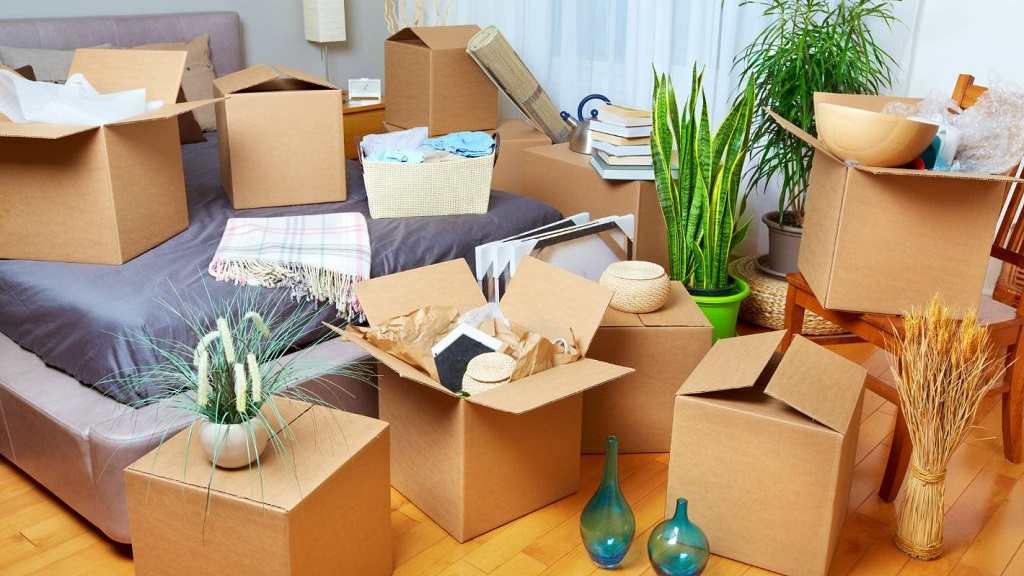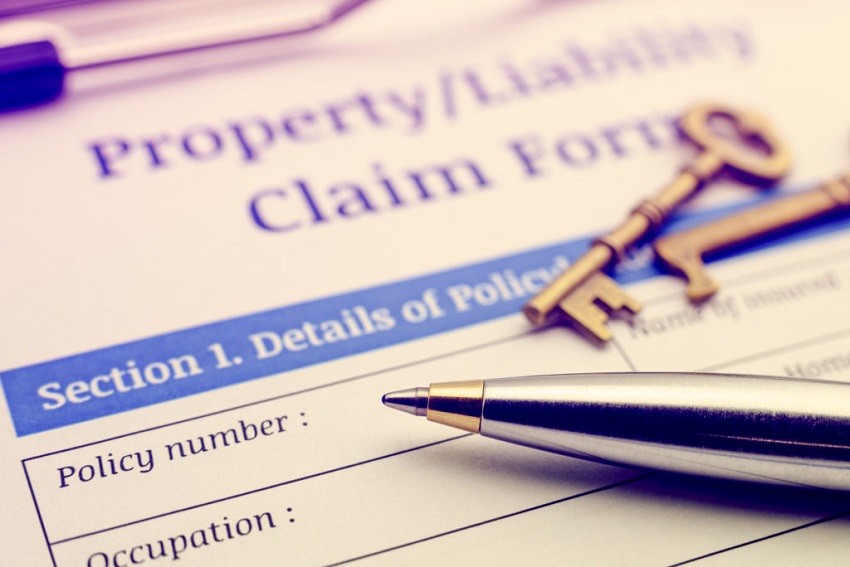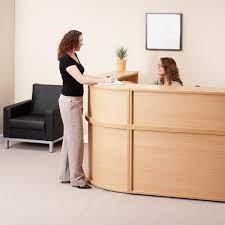Whether you are moving house or need extra space, self-storage can be the solution. But before you rent your first unit, there are a few questions to ask that will help you get started. First, find out the difference between office hours and access hours. Office hours are when your property manager is there to answer your questions, sell supplies, and more.
What Size Unit Will Fit My Needs?
When you need to rent storage, knowing exactly what size unit to get is a big deal. You only want to pay for your needs, but a smaller space will be too cramped to fit your belongings.
The best way to determine what size you need is by inventorying your belongings ahead of time. Count the boxes, plastic storage bins, and other items you’ll be storing, noting oddly shaped or non-stackable things. Next, look for public storage units Petaluma to see what size units are available. Call the facility and describe your inventory and what you plan to store. Then, ask about the availability of different storage sizes and their prices.
How Much Space Do I Need?
Storage units come in many sizes, so it’s essential to understand how much space you’ll need. It’s also important to factor in if you need a climate-controlled unit or any other storage-related amenities. A simple way to calculate how much space you need is by figuring out how many cubic feet your items will take up. It can be done by using a calculator or simply multiplying the length, width, and height of your item. Choosing a suitable storage space can take time and effort, especially for first-time users. Use a helpful storage size guide to gain a better understanding of what would fit into different places and help you choose the correct size unit. By doing this, you can prevent renting a property that is either too big or too tiny for what you need.
How Long Will I Need to Rent a Unit?
Most storage facilities require tenants to sign a contract. It is typically month-to-month, but some locations may have a minimum rental duration. It’s best to ask the onsite location manager about these requirements before renting. It’s also a good idea to visit the facility in person and talk with the onsite manager about what size unit you need, what amenities they offer (such as 24-hour access), and pricing. The onsite manager is an excellent resource for helping you determine how much space you need, and they can help walk you through a storage unit to give you an idea of what to expect.
Finally, it’s essential to pay your monthly storage rent on time. If you can’t, the onsite manager may have to sell your items at auction to compensate for the missed rent. Check with the onsite manager to see how long you can stay past your due date before this process starts.
How Do I Get Started?
There are several reasons why people need storage rooms. Sometimes, they move and need a place to store items while their new home is under construction. Other times, they’re going through a significant life change and need to get rid of some things before starting a new chapter in their lives. When choosing a storage facility, consider how many security features it has in place. Some facilities have cameras that are monitored throughout the day. Others have a more traditional lock and key system. It’s also important to know whether the facility offers climate-controlled units, as these can help protect more sensitive belongings. Any business should have a business plan, and a self-storage facility is no exception. There are plenty of online templates available, and you can also turn to a nonprofit for free business mentoring. A business plan can make it easier to attract investors and lenders, and it will help you circumvent any roadblocks that may arise during your development project.



